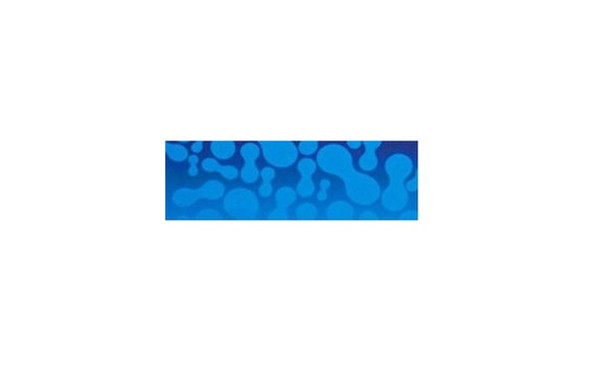Description
TGFBI Polyclonal Antibody | E-AB-18249 | Gentaur US, UK & Europe Disrtribition
Reactivity: Human, Mouse, Rat
Host: Rabbit
Isotype: IgG
Application: WB, IHC, ELISA
Research Area: Cancer, Developmental Biology, Neuroscience, Signal Transduction
Background: TGFBI, also named as BIGH3, Kerato-epithelin and RGD-CAP, binds to type I, II, and IV collagens. TGFBI is an adhesion protein which may play an important role in cell-collagen interactions. In cartilage, it may be involved in endochondral bone formation. TGFBI is an extracellular matrix adaptor protein, it has been reported to be differentially expressed in transformed tissues. TGFBI is a predictive factor of the response to chemotherapy, and suggest the use of TGFBI-derived peptides as possible therapeutic adjuvants for the enhancement of responses to chemotherapy. Defects in TGFBI are the cause of epithelial basement membrane corneal dystrophy (EBMD). Defects in TGFBI are the cause of corneal dystrophy Groenouw type 1 (CDGG1). Defects in TGFBI are the cause of corneal dystrophy lattice type 1 (CDL1). Defects in TGFBI are a cause of corneal dystrophy Thiel-Behnke type (CDTB). Defects in TGFBI are the cause of Reis-Buecklers corneal dystrophy (CDRB). Defects in TGFBI are the cause of lattice corneal dystrophy type 3A (CDL3A). Defects in TGFBI are the cause of Avellino corneal dystrophy (ACD).
Lead Time: 7~10 days
Concentration: 1.02 mg/mL
Storage: Store at -20°C. Avoid freeze / thaw cycles.
Immunogen: Fusion protein of human TGFBI
Buffer: PBS with 0.05% NaN3 and 40% Glycerol, pH7.4
Purification: Antigen affinity purification
Dilution: WB 1:500-1:2000, IHC 1:50-1:200, ELISA 1:5000-1:10000
Conjugation: Unconjugated
Calculated Molecular Weight: 75 kDa
Observed Molecular Weight: Refer to figures
Clonality: Polyclonal






